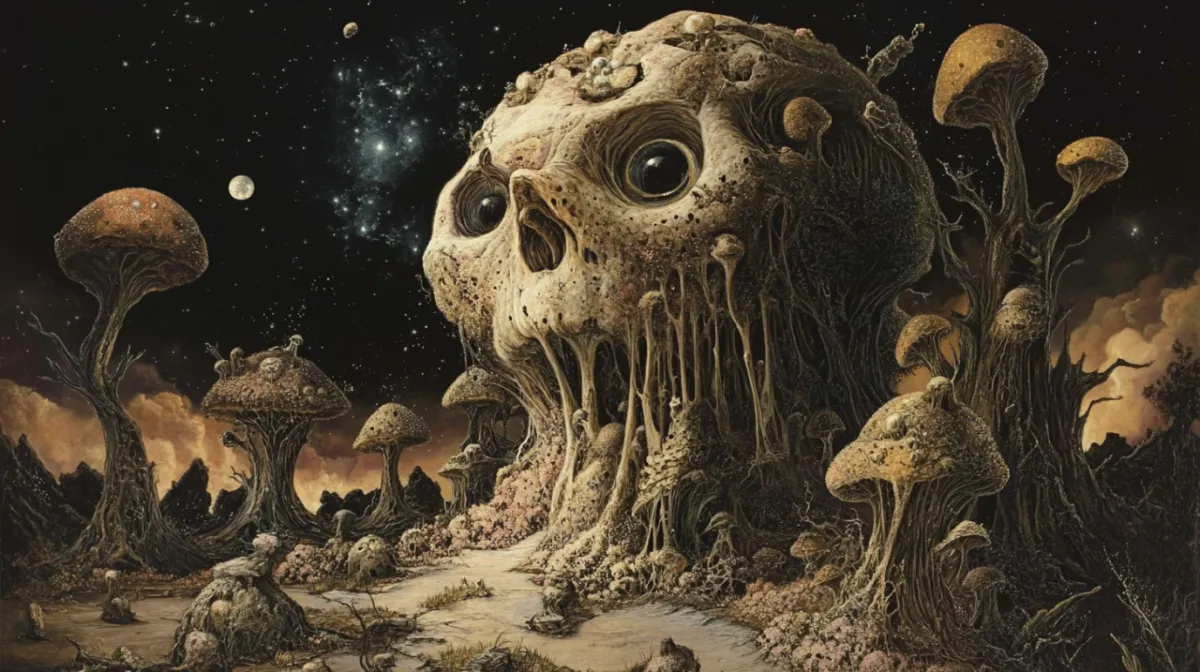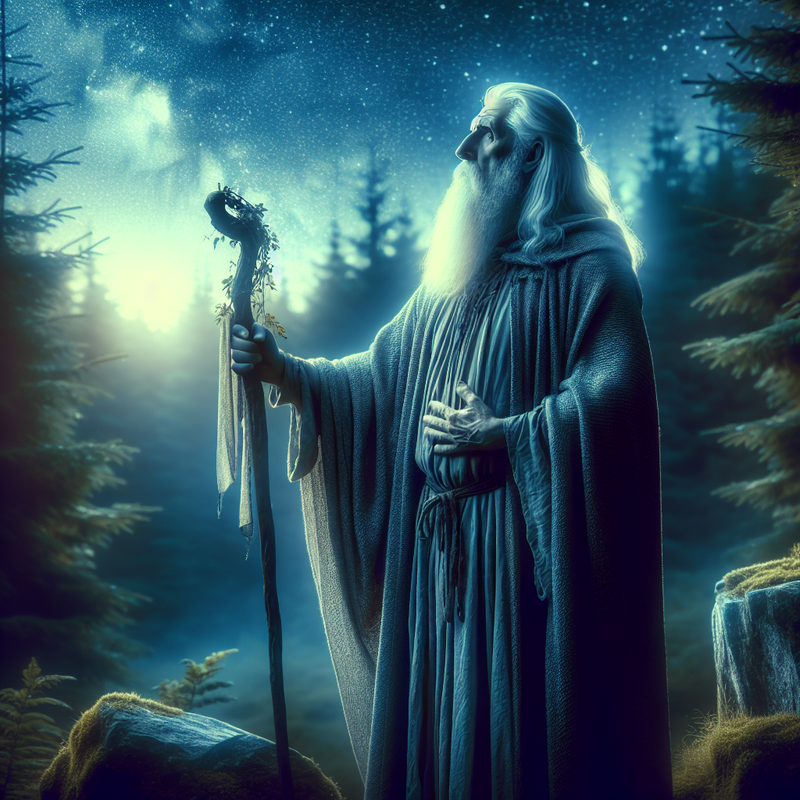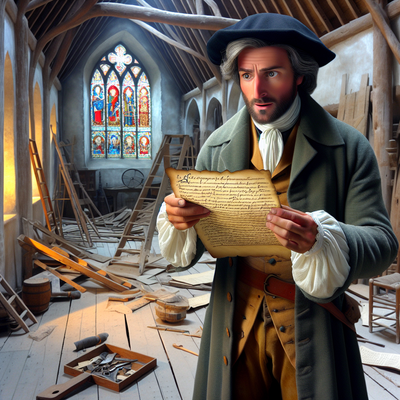Merlin is a legendary figure in Western literature and folklore, rooted in the tales of a Welsh bard known as Myrddin Wyltt, or Merlin the Wild. He's a wizard, prophet, and advisor to King Arthur, known for his wisdom and magical powers. The origins of Merlin are unclear, but he's often depicted as a wise man with prophetic powers who helps Arthur become king. This character was brought into the legendary tales of Arthur and other kings by Geoffrey of Monmouth in his work, "The History of the Kings of Britain."
In a compelling trilogy written by Mary Stewart, the stories are written by Merlin himself under the name ‘Emrys’ (Ambrosius) as he was known as a boy. They tell the tale of his growth from a child with simple talents like sleight of hand tricks, which earn him a reputation as a magician. As he matures, Merlin becomes involved with a young Arthur, recognizing his leadership skills and encouraging him along the path to becoming the ‘war leader’ of the Britons. Together, they defend against the invading Saxons, Jutes, and Angles, ultimately leading Arthur to the position of ‘High King’ of the British kings. Merlin is a key character in many stories, including Sir Thomas Malory's "Le Morte d'Arthur" and T.H. White's "The Once and Future King."
Merlin is a symbol of the power of the human spirit, representing hope and transformation. As Merlin himself said, "I am the master of my fate, I am the captain of my soul." This quote captures the essence of his character, emphasizing the importance of self-determination and inner strength. If there ever was an ‘original’ Arthur, he would have had his advisors, and the purported writer of the Stewart books could well have been his senior advisor, guiding him through the tumultuous times of early medieval Britain.
For my articles in this series, visit or bookmark the following;

Brent Antonson: Where Extraordinary Recall Sparks Insight.







